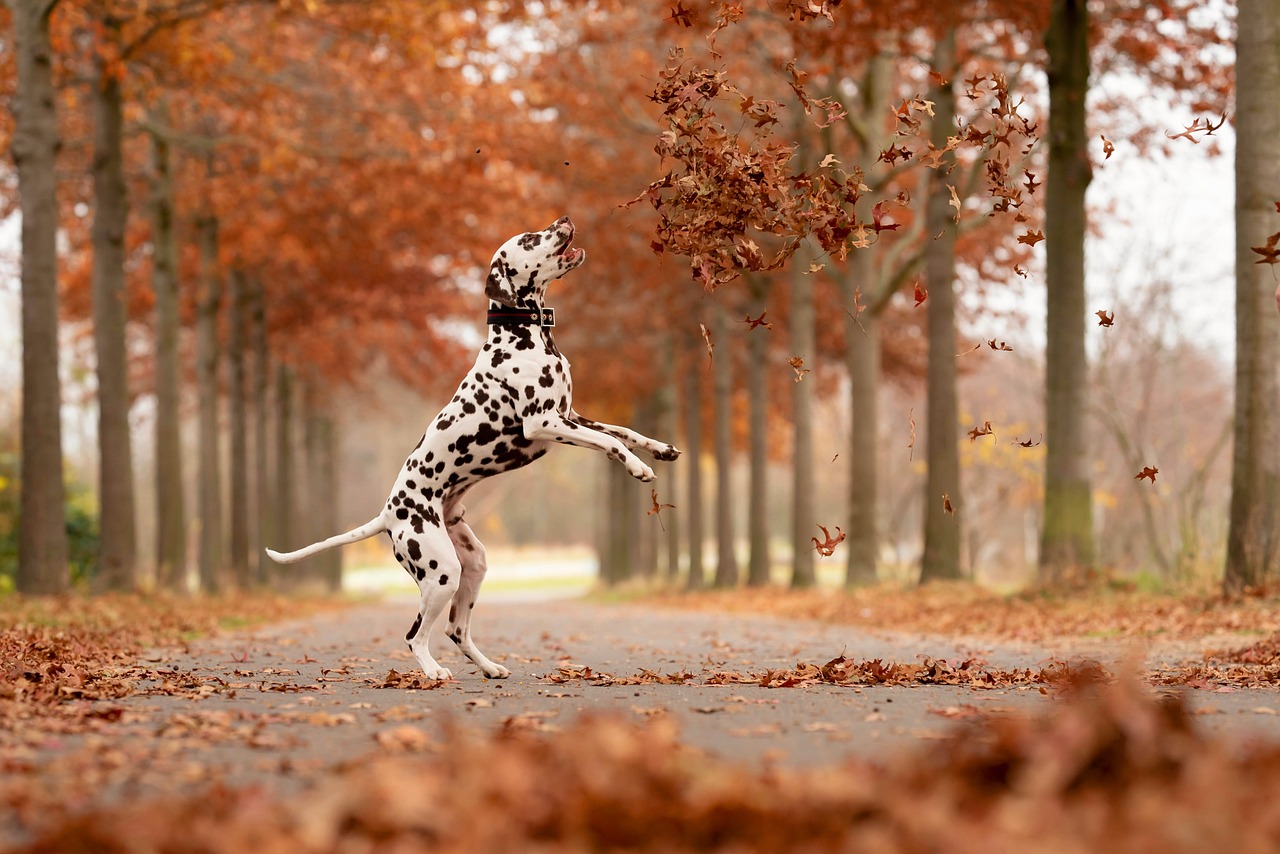
This week we cover some autumnal pet dangers.
Wild mushrooms
Fortunately most are of low toxicity but some can cause nasty tummy upsets, neurological signs and liver disease. If you think your pet has ingested wild mushrooms take several pictures of the mushrooms where they are growing and contact us for advice. We can contact the Veterinary Poisons Information Service to aid with identification of mushrooms and to get advice about the best treatment, if required.
Alabama rot
Whilst we still do not know the cause of Alabama rot, it is believed to be caused by muddy conditions. It’s a rare but potentially fatal disease that can affect dogs, causing problems with blood vessels in the skin and kidneys. It often first appears as sores, ulcers, or unexplained marks, usually on their paws or legs. Unfortunately there is no guaranteed way of preventing your dog from getting Alabama rot, but it is currently recommended that you avoid walking your dog in very muddy areas and wash mud off your dog after a walk if they get muddy and wet.
Human cold and flu medication
Always keep any human medication out of reach of pets, unfortunately many are potentially toxic to animals. Did you know, for example, that paracetamol is toxic to cats? Even a very small quantity can be fatal. Never give your pet human medication unless it is under the guidance of your vet. If your pet has eaten something they shouldn’t have done phone us for advice, with the packaging to hand.
Darker nights
If you are walking your dog in the darker mornings or evenings make sure that you and your dog are visible. You can buy reflective dog coats and leads, as well as lights that can easily clip onto collars and harnesses. Check that the contact details associated with your pet’s microchip are up to date, just in case they get lost.
Conkers, acorns and bulbs
Fortunately most dogs don’t show any symptoms after conker ingestion or develop a mild tummy upset only. Acorn ingestion can also cause tummy upsets such vomiting and diarrhoea. Serious cases of poisoning are uncommon, but do contact us if your pet appears unwell. Obstruction of the bowel is a risk depending on the size and quantity eaten.
Be careful if your dog is helping you plant your garden bulbs this autumn – several species are toxic if chewed on or eaten.
As always, if you are worried about your pet or they have eaten something they shouldn’t have done, call us for advice.
